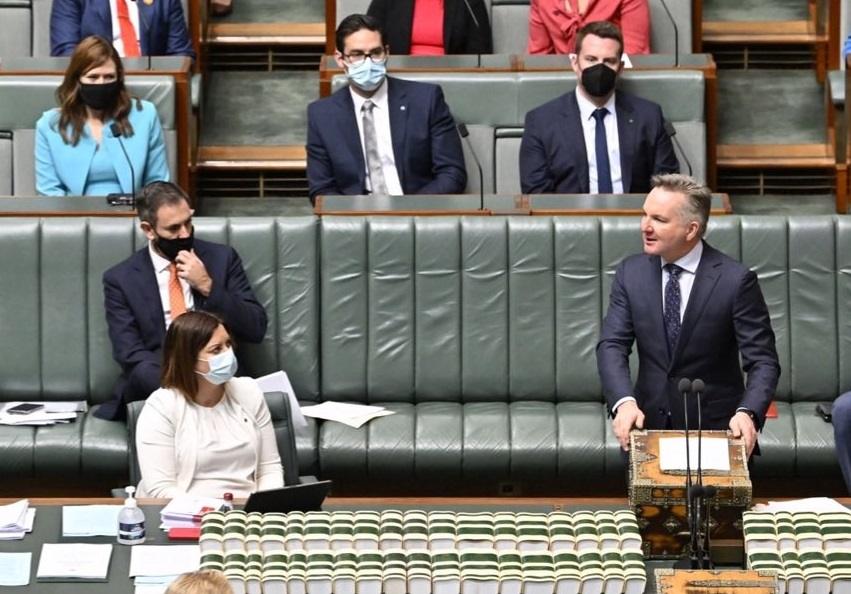Australia Moves to Enshrine Climate Targets into Law
Australia’s new government, in its first parliamentary session since the election in May of Prime Minister Anthony Albanese, introduced a bill that would for the first time set the country’s emissions reduction targets into law.
Targets under the proposed legislation include greenhouse gas emissions reductions of 43% by 2030, compared to 2005 levels – reflecting the government’s recently updated Nationally Determined Contribution commitment under the Paris Agreement – and the achievement of net zero emissions by 2050.
Ramping and formalizing Australia’s climate commitments formed one of the government’s key election promises leading up to the May 2022 election. The prior government under Prime Minister Scott Morrison had introduced a 2050 net zero target, but chose not to utilize legislation or taxes to achieve the goals, and did not raise the country’s interim 2030 goal of a 26-28% emissions reduction.
Presenting the bill in Parliament for its second reading today, Chris Bowen, Minister for Climate Change and Energy, said:
“The bill is a solid foundation, setting clearly and firmly, in Australian law, our emissions reduction ambitions. It holds the government of the day properly accountable to the Australian parliament and the Australian people, on how it measures up to those ambitions, and how it is addressing this fundamental issue.”
Bowen added that by formalizing the country’s climate commitments into law will provide the policy stability and clarity needed for the business and financial community in order to enable them to commit to investments in renewable energy and that “Australia is open for business and raring to go.”
Sustainability-focused business and investment organizations generally supported the proposed legislation, echoing the minister’s sentiment of the benefits of climate policy stability and ambition. In a statement following the introduction of the bill, Investor Group on Climate Change’s (IGCC) Director of Policy, Erwin Jackson said that the “introduction of the Climate Change Bill to parliament is an opportunity to unlock hundreds of billions of investment in climate solutions across the economy.”
Jackson added:
“A clear, stable, robust, and long-term legislative framework to manage the systemic economic risks and opportunities of climate change can support investment in the clean industries that will address climate goals, and support energy security and industrial development.”
In addition to the emissions reduction targets, the bill also includes elements requiring the Minister for Climate Change to report annually to Parliament on the country’s progress towards the goals, and tasking the government’s independent Climate Change Authority to assess and publish progress against the targets and advise the government on future targets. The government has also proposed inserting its climate targets in the objectives of government agencies and departments that deliver programs and policies contributing to emissions reductions, such as the Australian Renewable Energy Agency (ARENA), the Clean Energy Finance Corporation (CEFC) and Infrastructure Australia.
While the Albanese’s Labor government has a majority in Parliament, support from the Green party and independents will be needed in the Senate to advance the proposed law into legislation. The Greens, led by MP Adam Bandt welcomed the proposals, but has been critical of the government’s inaction against opening new coal and gas mines. In a social media post today, Bandt said:
“Europe is burning, California is burning and Australia’s environment is collapsing, but the government wants to open new coal and gas mines.
“You don’t put the fire out while pouring petrol on it.
“Negotiations will continue.”





